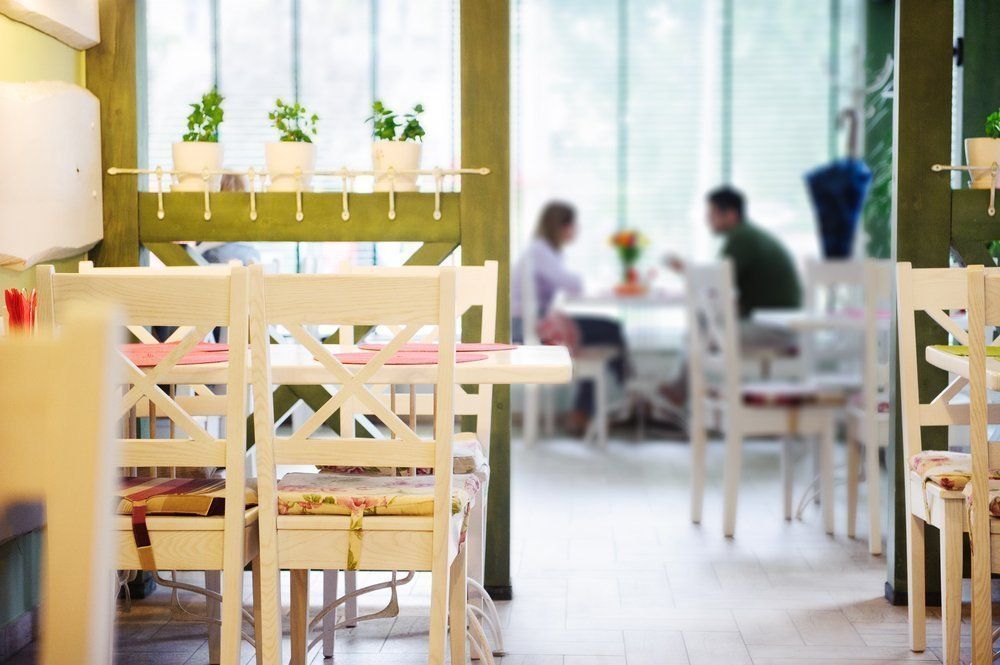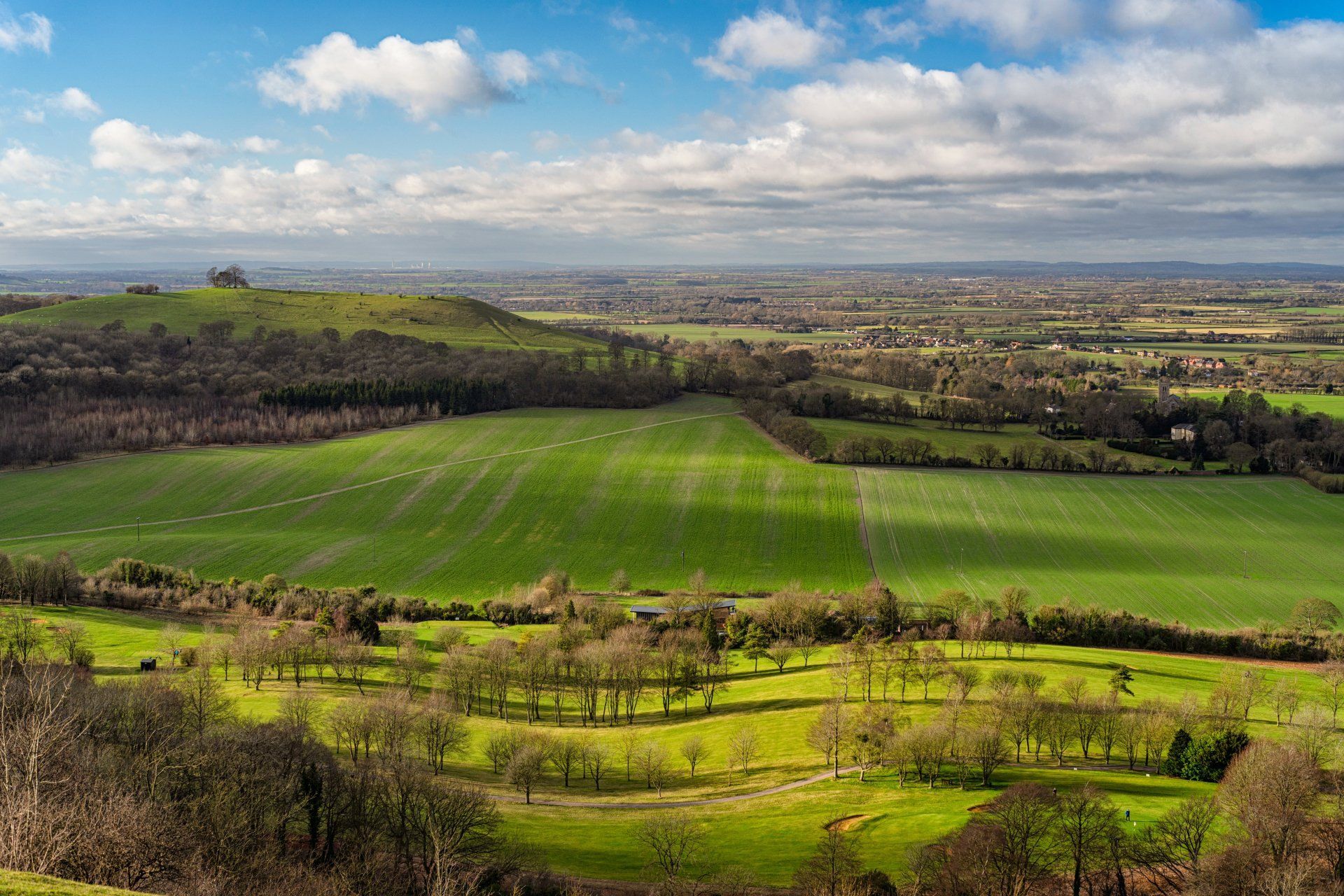CALL US 01294 203 374 | EMAIL
info@sigmaepd.com
Designed to Lead, Built to Last
Blog Layout
Densley meets with Dr. Philippa Whitford MP to discuss a Robust Ventilation Strategy (RVS) against COVID-19
Densley James • Oct 25, 2020
Simple things first
It is the simplest things in life that can have the biggest impact on the world’s greatest and most-baffling problems. But once discovered, their effectiveness and basic principles never change. In the case of the novel coronavirus, simple things like the washing of hands, the wearing of masks, and the application of the basic principles of ventilation, can capture and remove harmful substances from our breathing zone and can have an effective and lasting impact against COVID-19 and other viruses.
We all hope that a vaccine will be found in the short term. However, current projections for a vaccine is the end of 2020, but in reality it may not become available for wide distribution and uptake until early to mid 2021. Further, there are questions around the rate of uptake, whether or not boosters would be required and how long immunity would last when vaccinated. The short and long response to these questions is that we do not have these answers. In reality we may not be able to eradicate this virus for some time. Some scientist estimate two years or longer.
In the mean time we need to take a two-pronged approach:
• Yes, we work in anticipation of a vaccine, wash our hands, keep our distance, and wear our masks.
• But, we must also improve ventilation. We need to add "V" for ventilation to the governments acronym FACTS. Because, VFACT is that well designed ventilation would reduce the viral load in enclosed spaces, making it possible to reopen more safely and sustainably.
Simple things first
Sigma Engineering Product Design

by Densley James
•
24 Oct, 2020
The Guardian Saturday24 October 2020 Nicola Davis Science correspondent UK could be urged to keep windows open in effort to curb Covid-19 Scientists call for information campaign as evidence on role of poor ventilation mounts Britons could be urged to throw open the windows in an effort to keep coronavirus at bay as scientists call for a public information campaign to stress the importance of ventilation in reducing its spread. A paper by the Environmental and Modelling group for the government’s Scientific Advisory Group for Emergencies (Sage), dated 30 September, reveals concerns over the role of poor ventilation in the spread of the coronavirus, noting evidence that suggests insufficient airflow could increase the risk of transmission from tiny airborne particles known as aerosols that can carry the virus more than 2 metres. “Ventilation should be integral to the Covid-19 risk mitigation strategy for all multi-occupant public buildings and workplaces,” the team write. Prof Linda Bauld, an expert in public health at the University of Edinburgh, welcomed the emphasis on fresh air. “It is a really, really important topic that has not been given enough attention,” she said, noting that a number of outbreaks, including those involving choirs, have raised concerns over airborne transmission. The report urges the creation of a public information campaign on the issue. “A simple public guide on ventilation should be developed with reasons why ventilation is important, practical tips and/or FAQs,” the report notes, citing similar campaigns on the importance of handwashing and face coverings. Bauld noted that neither the UK messaging around “hands, face, space” nor the Scottish Facts campaign mention ventilation. But she added that information on ventilation would depend on the setting, meaning more complex messaging – a problem the report acknowledges. “Assessing ventilation in many environments requires engineering expertise, and mitigation measures are setting specific taking into account the nature of the building and users, ventilation type, length of exposure and activity,” the report notes.. Bauld added that in many settings, ventilation would involve a simple approach. “How are you going to get airflow in an enclosed indoor space? In most situation in the UK it is absolutely just about windows and doors,” she said. Dr Shaun Fitzgerald, from the University of Cambridge who contributed to the new report, said ventilation had been mentioned in government news meetings. But, he stressed, more needed to be done to highlight its importance, noting in his experience this was particularly necessary for smaller businesses such as convenience stores, independent coffee shops and hairdressers. “We need to raise the awareness, especially in colder weather where the natural inclination has been, for many places, which are possibly not well-designed, to close the windows and close the vents,” he said. According to the report: “Under steady state well-mixed conditions for the same duration, models suggest that exposure to aerosols approximately halves when the ventilation rate is doubled.” But while the report stresses the importance of ventilation, it says other factors must also be considered such as “thermal comfort”, exposure to pollution and energy use.
DESIGNED TO LEAD BUILT TO LAST
SIGMA Engineering Product Design Ltd
19 Macadam Place, South Newmoor Ind Est, Irvine KA11 4HP
Reg. No: 04475408
© 2024. The content on this website is owned by us and our licensors. Do not copy any content (including images) without our consent.













